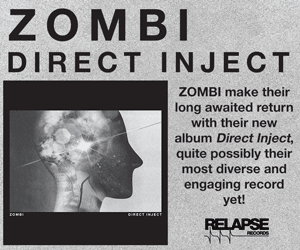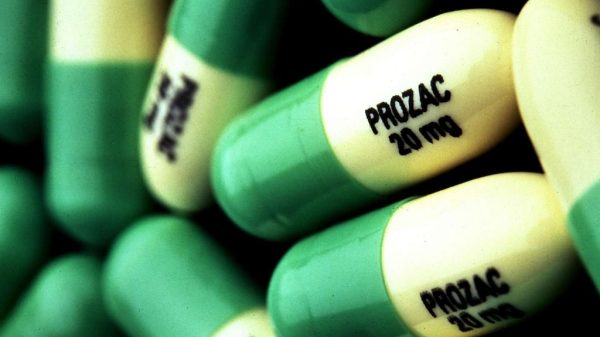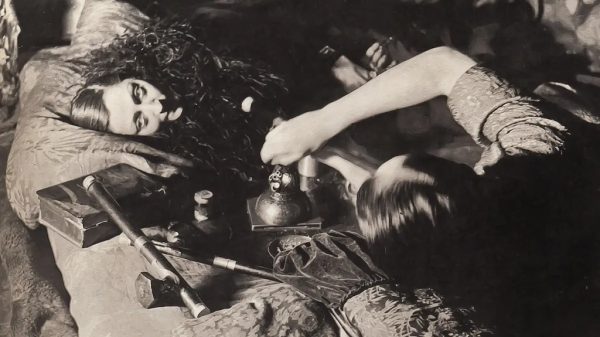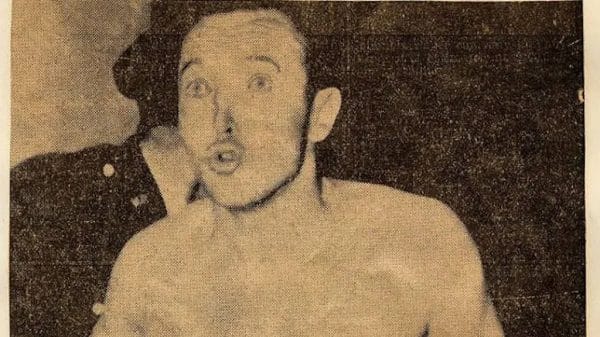Bodily Autonomy is a trending topic these days, but given the Pharmaceutical industry’s power over us, how much control are we actually given? In previous installments of this conspiracy theory series, we have touched on this, but the topic deserves a deeper dive. This insidious system has a web of propaganda demonizing “recreational” drugs and controlling what is put into your body. Only one part of the bigger picture, the theme is consistent: everyone has a price. Even the science we trust can be bought and sold. Before you jump to defend your favorite comfortable narrative, a great deal of the questions that will be asked here are inspired by my experience of going off my meds after taking them for 12 years and navigating the mental health system.
To gain some perspective on the possibilities of corruption ahead, we must ask, is the risk worth the reward? Money is like any other addiction there is never enough. You will always find people who are addicted to drugs in the spots where drugs are sold, and people who are addicted to money will work their way to where it is being made.
We are not talking about just millions of dollars here; this is the kind of money that would make governments go to war. In 2020, the US Oil industry made $110.7 billion dollars. Most people paying attention can agree that the US military deployment in the Middle East was not about democracy or weapons of mass destruction — it was about oil. Lives were lost. In all of those operations, around 7,000 of them. In 2020, the US pharmaceutical companies made $1.27 trillion dollars. Not even close. It is a much higher reward that comes with a much higher risk. That is, under the premise that all there is to gain is just money and not the added benefits of being able to control the masses in various ways.
With that much money at stake, do you believe there is any regulatory body not in someone’s pocket? The golden rule is: whoever has the gold makes the rules. The bulk of funding for the anti-drug propaganda marketed since the 80s came from the Robert Wood Johnson Foundation, whose board of trustees was behind medical megalith, Johnson & Johnson. Under the banner of the agency Partnership to End Addiction (aka Partnership for a Drug-Free America) — the organization that brought you such classics as “this is your brain on drugs” — they were working in coordination with the federal government. It was later revealed they were receiving millions from pharmaceutical companies as well as alcohol and tobacco manufacturers. The supposed harm drugs were doing to the youth was not the concern at all, because they do not care about anyone’s actual health. These guys only want to eliminate the competition.
Why would the pharmaceutical industry be in bed with companies like Anheuser Busch and RJ Reynolds? Because liver damage and cancer are things they can make money from. Not unlike the triangulation effect of toxic codependent relationships — enable and rescue. The actual solutions to health issues — like moderation, exercise, managing stress, meditation, and mindfulness — all require self-discipline and personal accountability, and there is not nearly as much money to be made from that. You have to give the people what they want, and being accountable for the choices you make as an individual and disciplining yourself to make different choices is far from popular. In fact, the layers of self-deception in this regard are so deep you will be told you are shaming them for holding them accountable for their less-than-effective lifestyle. Why not stay on the couch eating trash if the government is going to protect you, if after all, they have our best interests at heart?
In 2009, I was back in the mental health system after a suicide attempt. I was told to face up to the fact that I would be taking mood stabilizers for the rest of my life. They seemed to work. I became convinced that without these drugs I would fall apart. In 2001, I detoxed myself from heroin, and a year later, checked into rehab to get off the other substances that seemed poised to lead me back to my drug of choice. The idea of relying on any drug was not appealing. I saw drugs like Wellbutrin and the other pills in its neighborhood to be the gas that got me to things like the gym, therapy, and meetings, rather than relying on it to do all the heavy lifting when it came to my mental health.
In 2012, I found myself without insurance and back in a depressive cycle. The options were to give up or get resourceful, so I found a research company that not only gave me my meds for free but paid me to take them. The first study went 18 months, then to maintain my meds, I signed up for another study with a different drug company. The intake for this one was a bit different. After I answered the first series of questions, the Doctor in charge of the study said to me point-blank:
Remember the answers you gave me today, try to stay within the parameters of these. We can’t have you swinging too far at either end of the spectrum, feeling too good or being too depressed — just keep it in the middle.
I quit the study shortly after and found a doctor who saw me on a sliding scale. I became more involved in the academic side of the mental health field. While there is some dialogue in regard to co-morbidity of symptoms and how illness can progress with age if untreated, very little is discussed in the later stages, when illnesses reach a stage that they become medication-resistant. The treatment model is dependent on using the DSM as a manual for medication and other forms of treatment, such as Dialectical Behavioral Therapy, as more of a supplemental measure than a primary treatment.
While the trend of seeing mental health as being on a spectrum is more accurate due to the comorbidity of many symptoms, it still leaves the door open for more of a brand-marketing approach to diagnosing patients. After all, with bipolar, you get to prescribe double the medication. I told one doctor that it felt like the anti-anxiety medication I took at night to combat my insomnia from mania made me even more depressed, as I woke up feeling like I was underwater. Thus, I was stuck in yet another chemical cycle not much different than when I shot dope to come down off a coke binge. We began dialing back the meds, and I came more diligently rigid in self-care to regulate myself with regular sleep, a better diet, and daily exercise.
This prepared me for my move from Atlanta to St. Pete Beach. The Florida mental health system leaves much to be desired. I am forced to double down on my self-regulation. The change in environment was a huge shift. The urban landscape of downtown Atlanta was a loud, concrete prison compared to stepping out into fresher ocean air. The collective thought energy is more relaxed, rather than the hyper-stressed tension of the city. Though the area has seen a massive influx of people over the past years, perhaps that is coming; however, it did give me enough time to gain a needed shift in perspective.
Staying off my meds and self-regulating myself through mindfulness and exercise is not easy. What in life that is worthwhile is easy? I could have continued to take meds until my body chemistry became resistant to them, and not have changed anything else about my lifestyle, since I put my faith in a pill. Or I could try something different and get different results. This is the basis of science at the end of the day.
I’m not telling you to quit taking meds cold turkey, but to ask questions and continue your search for what works best for you. Only you can look out for your own best interests — do not rely on any corporation to do that for you. Ask yourself, are you being given a cure, or are you being made a customer?














